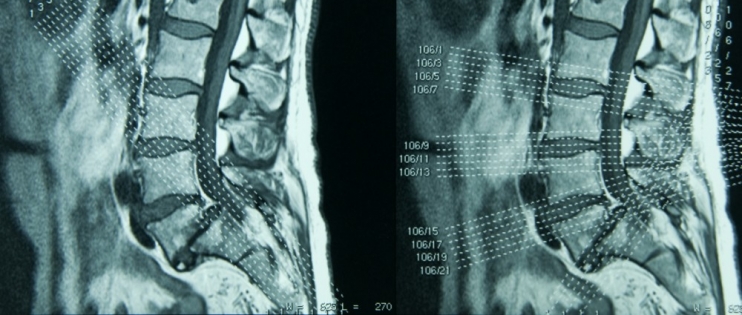Appointments
Smoking Policy
Everyone knows that smoking is bad for our health. Most people who worry about the effects of smoking worry about Cancer, Heart Disease or Stroke, but forget about the effects of smoking on the rest of the body. As Dr. DenHaese and Mr. Beang treat you for your neurosurgical condition and perhaps recommend surgery, they will advise you to quit smoking and the use of nicotine containing products before and after surgery and even if you are not going to have surgery.
If you will be having surgery, a discussion of the risks associated with your continuing to smoke, be exposed to second hand smoke or use nicotine products will be clearly discussed with you.
Smoking and the use of any nicotine product weakens bones
- Reducing the blood supply to bones
- Slows the production of bone-forming cells (osteoblasts) so that they make less bone.
- Decreases the absorption of calcium from the diet. Calcium is necessary for bone mineralization, and with less bone mineral, smokers develop fragile bones (osteoporosis).
- Breaks down estrogen in the body more quickly. Estrogen is important to build and maintain a strong skeleton in women and men.
Smoking negatively affects incision healing and risk of infection
- Cigarettes, cigars, chewing tobacco and nicotine gum/patches impair incision healing.
- Cigarettes, cigars, chewing tobacco and nicotine gum also increase the risk of infection after injury or surgery.
- Nicotine patches do not increase the risk of wound infection.
Smoking, second hand smoke and anesthesia
- Smoking increases the amount of carbon monoxide in the blood. This decreases oxygen supply and makes the heart work harder to deliver oxygen to the body.
- At the same time as decreasing the body’s ability to supply oxygen, nicotine increases the amount of oxygen that the body needs.
- Smoking also affects the lungs, increasing the amount of mucus secreted while at the same time decreasing the ability of the lungs to clear these secretions.
- Smoking causes the small airways in the lungs to be narrowed and more prone to col-lapse, increasing susceptibility to pneumonia, chronic cough and the chance of pulmonary complications.
To learn more and for tips to help quit smoking, click here.

